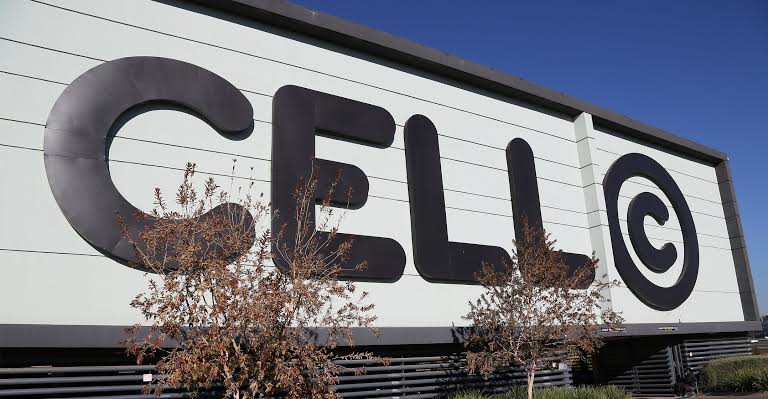Cell C, a mobile provider in South Africa, has finally finished a long-awaited recapitalization deal that will lower its debt and help the company get back on its feet.
Cell C CEO Douglas Craigie Stevenson said on Thursday that “the recapitalization was the third and important pillar of Cell C’s turnaround strategy; deleveraging the balance sheet, providing liquidity to operate, and putting the company on a trajectory of growth and long-term sustainability.”
Announcing that it had reached legally binding long-form agreements with Cell C and other financial stakeholders, such as shareholders and creditors of Cell C, Blue Label Telecoms, the company’s largest shareholder, also provided shareholders with an update.
Blue Label paid 5.5 billion South African rand (US$367 million) in August 2017 for a 45% ownership interest in Cell C, but by the end of 2019, it was forced to write off the entire value of its investment in Cell C.
Cell C’s initial recapitalization was a part of Blue Label’s investment, but the telco has since encountered significant financial difficulties and has been working for more than three years to put together a second recapitalization in an effort to turn things around.
Brett Levy, co-CEO of Blue Label, said last month that the recapitalization agreement would be done by this month. The announcement made today makes good on that promise.
Read also: Cellulant Botswana Mobile Money
Cell C turnaround
Midway through 2019, Cell C started a turnaround strategy that was centred on operational savings, decreased operational spending, and improved traffic.
One of its main new goals was to move away from what it called “a capital-intensive build-and-own network approach” and toward a model where people share infrastructure. This required the sale of tower-related infrastructure and the migration of its users to roam on other networks like MTN and Vodacom through partner agreements.
The telecom stated in a statement on Thursday that the move “will result in a considerable improvement in liquidity and secure the long-term viability of Cell C” in conjunction with the recapitalization of the current debt structure.
The future course
“Post-day one recap To enable us to move forward and simplify the business as a new, revitalized, and purpose-fit organization to compete in the dynamic and shifting telecom landscape, Cell C will have successfully reduced the business’s debt by a sizeable amount “Explained Craigie Stevenson.
He said that Cell C is willing to spend money to give customers more value, and as of the end of August 2022, its network could connect to more than 8775 sites, of which 96% were LTE-ready.
“In the short-to-medium term, our operational focus will be to complete the network migration implementation by the end of 2023 to get us to 14,000 sites; bring innovative product offerings to market with a focus on prepaid, a new way of doing business, and the ability to make significant moves in the wholesale business; along with investing in key technology projects aligned to our strategy; pursue our ambition to become a digital business, and build a high-performance culture,” the company stated.
Cell C was supposed to combine its annual results for the fiscal year 2021 with its interim results until June 2022 at a presentation earlier this month. However, the CEO got sick, so the presentation had to be moved. A roadshow will now be held by Cell C the week of October 3, and a market update will now take place on September
Cellulant Partners with Orange Money To Power Wallet Transfers For Botswana Banks
Craigie Stevenson said that the recapitalization transaction gives Cell C more money to restructure its financial and operational obligations and that he sees “a clear path for our future journey.” pro-rata share of the proceeds from a new issue of nominally valued common shares in Cell C. All existing shareholders will be diluted proportionately to accommodate this fresh issue of ordinary shares.
After the restructuring is finished, The Prepaid Company (TPC), a Blue Label subsidiary, will own 49.53 per cent of the shares in Cell C.
Another R1.1 billion ($62.5 million) that Cell C owes to Comm Equipment Company, which is a wholly owned subsidiary of TPC, would be put off and paid back in equal monthly instalments over a 60-month period.
TPC will buy Cell C prepaid airtime worth R1.2 billion ($68 million), including VAT, for its working capital needs.
In addition, TPC would spend R300 million ($17 million), including VAT, on four quarterly payments of airtime. The first payment will be made at the start of the 13th month after Cell C’s recapitalization.
TPC will buy certain amounts of Cell C stock from other companies based on a monthly schedule or what the market needs.
TPC will raise the remaining R1.6 billion ($91 million) from financial institutions, and the settlement will be paid back over the course of 24 months in equal monthly instalments.




